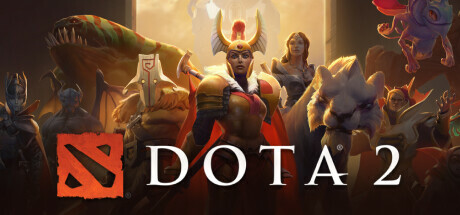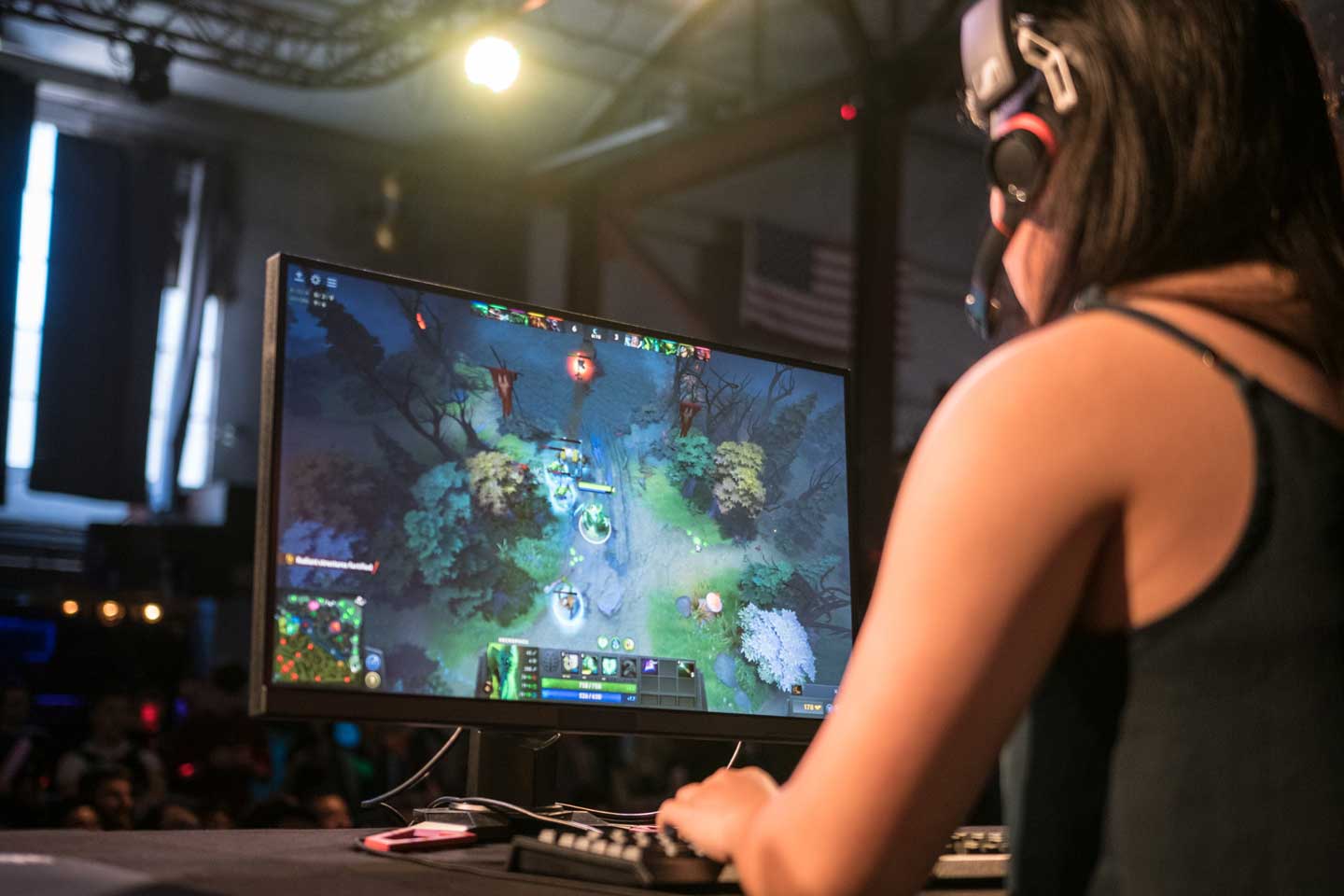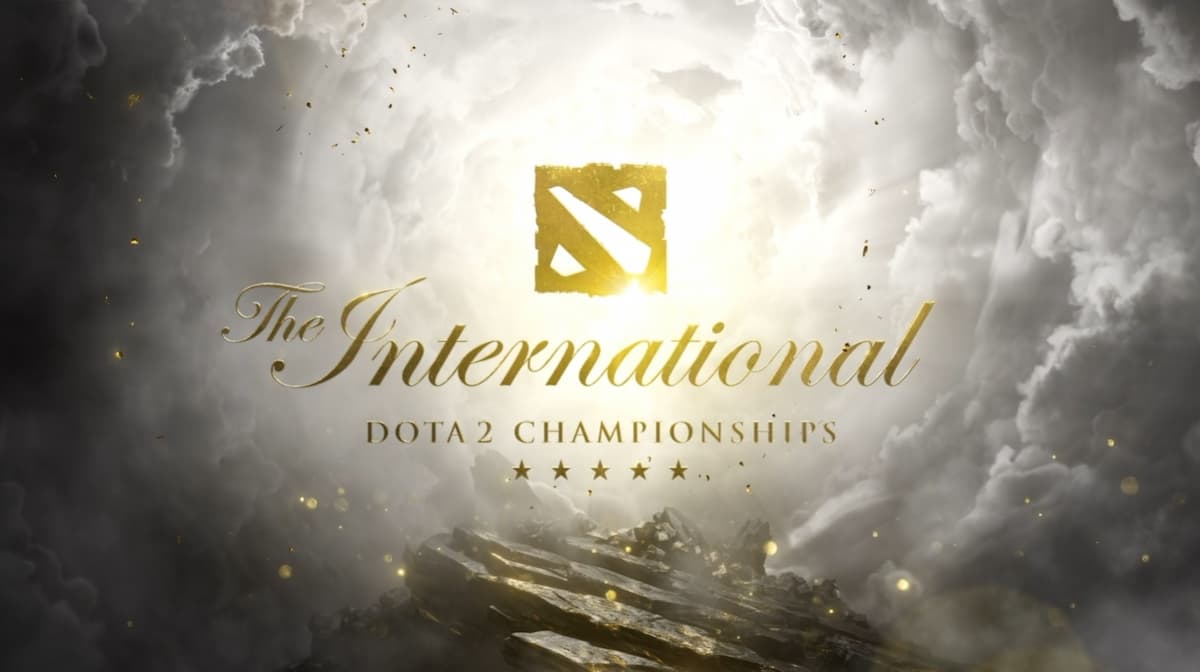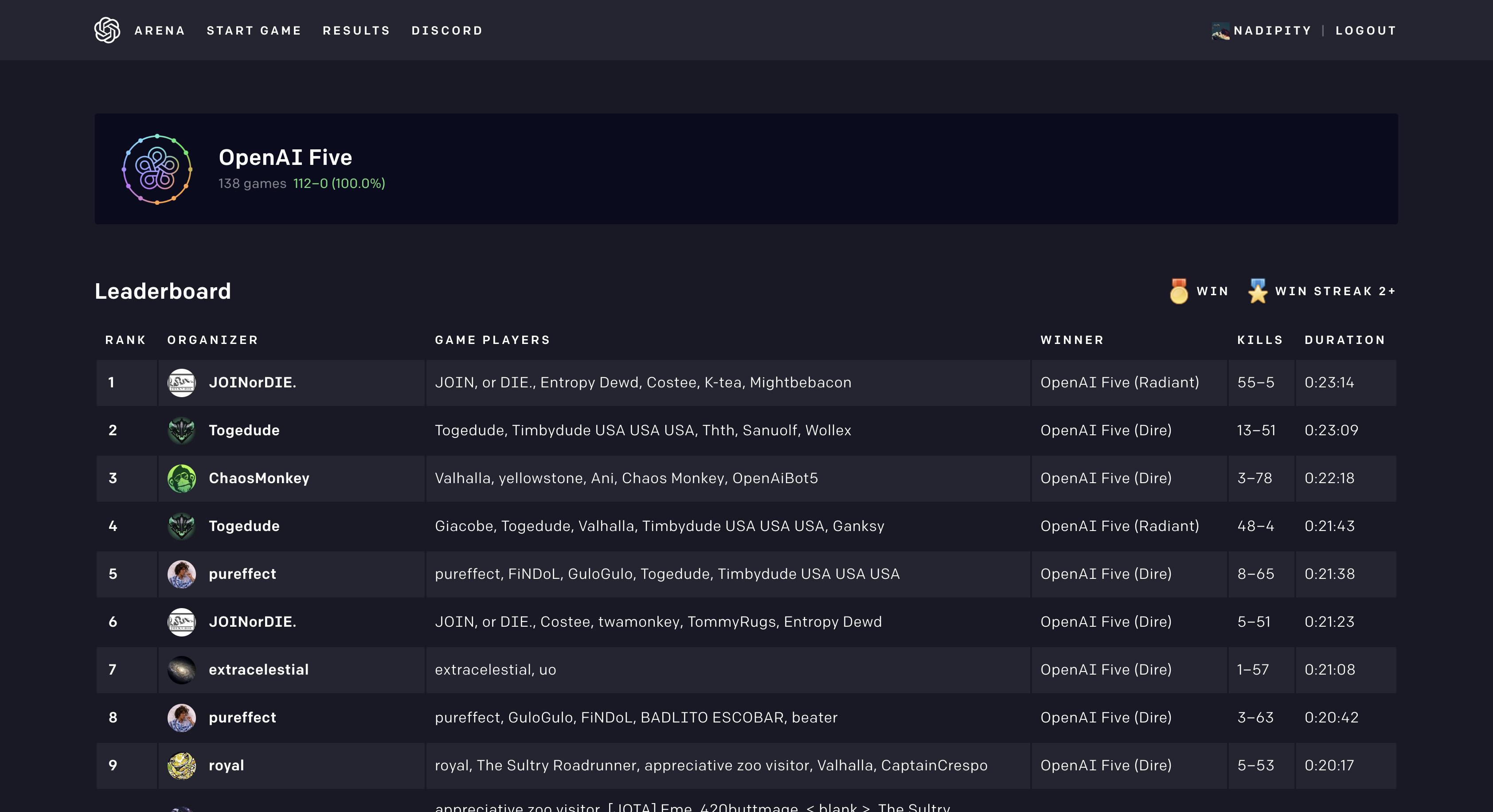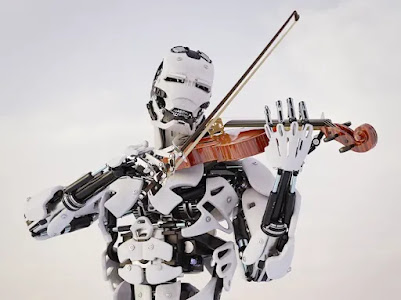Can AI replace humans in Competitive eSports?
One would never think that Elon Musk's OpenAI company, which created the most dangerous and complex text AI for generating convincing stories - GPT3, would try their hands on creating the most complicated 'bot-script' in the world for a real-time multiplayer online battle arena game: Dota 2.
Dota 2 is an RTS game (Real-time strategy) developed by Valve (All hail Gabe Newell!) and was released on July 9th, 2013, on Steam. Dota is a legitimate successor to the popular Warcraft 3 mod Defense of the Ancients, which had huge fanbase back at that time. The main premise of the game is to destroy the enemy's base (Ancients) with teamwork and tactics. In a more detailed view, the game starts off with 2 teams (Dire and Radiant) picking Heroes, which have unique sets of abilities and characteristics that can be upgraded and enhanced over the course of the match. There are 3 lanes that can be played, and each person is assigned a role for each of the 3 lanes. This includes farming creeps for gold (carries and mid-lane players), supporting and assisting (support and off-lane roles) the carries and mid-laners by purchasing vision-control items and harrasing the laning phase of the other team (poking damage to the enemy heroes to reduce their health and etc). Killing creeps, which are like small armies that are just there to die for the heroes to earn gold, killing heroes, and buildings reward the killing player/team with gold and experience, and these will further increase the speed the player and team get stronger. Heroes can purchase items with their hard-earned gold and extend, enhance, or add new abilities to them, which can impact the game's flow and strategy by every minute. Players should always decide what plans and strategies they should implement to optimize their team-play and winning.
Every year Valve organizes competitions for professional players around the world to compete, and there are very generous prize pools ($40 million for last year's The International Event). From my personal experience, Dota is a hard game to pick up even for a veteran in other RTS and MOBA games, such as League of Legends (ew), due to the sheer amount of micro-information that is dumped on the newbies when beginning the game, and it can take many years of playing to grasp the game fully - believe me, I played Dota for almost 2000 hours, and every time the game updates, I feel like I'm playing a new game. That was one of the reasons why OpenAI wanted to test the waters with how far AI can go with competitive gaming. They used Valve's Bot API to recreate and simulate the game environments for the bot to train and learn.
In 2017, OpenAI was brought to The International to compete in 1vs1 games against the top Dota 2 professional players, such as Dendi, Arteezy, and SumaiL. The bot won 100% of the matches, which was extremely shocking since the Bot only had started playing 1vs1 matches since the beginning of March 2017 and only played against below average and average players. Of course, the bot was not perfect, it only had the time to learn how to play a 'normal' 1vs1 matches, and when players found exploits in deceiving and confusing the bot, players increased their chances of winning against it extensively, but with patches rolling up every day, the bot became smarter - in a way - in responding to random scenarios like those. Dota 2 Dendi vs OpenAI (Bot) - 1v1 - TI7 - YouTube
The next step for the bot was to dive into 5vs5 games, but that was fairly difficult in 2017 since adding 9 more players introduces an ocean of complex problems and strategies. However, with the help and support from Microsoft and Valve, OpenAI finally was able to bring their big-brain bot to the true Dota 2 competitive scene in 2018. Surprisingly, even with the huge amount of data the bot had accumulated for the past games against average players, the bot still couldn't win against top teams in the competitive sphere, it had close calls and intense fights, but the results were still in favor of the human teams.
In 2019, OpenAI came back, with the intention to decimate the human players. Its strategy was to strike fear towards humans by challenging 2018's The International champions - team OG. Lo and behold, OpenAI FIVE destroyed team OG 2-0 in extremely short amounts of time (20 minutes average each game), taunting and giving confident predictions of winning to the human champions in each game.
OG vs OpenAI FIVE - AI vs HUMANS - TI8 CHAMPIONS vs BOTS FINAL DOTA 2 - YouTube
The bot was so successful in showcasing its superiority in gaming - surely everyone can be an expert in anything when they are given over 45000 years of training and learning and having the ability to crunch over 800 petaflops of data per second - that OpenAI publicly announced a competition for everyone in the world to try and beat the bot, which was held for a week after 2019's The International's finale (OpenAI's 'Dota 2' bot won 7,215 games against humans in three days | Engadget). Over 99% of global players, both competitive and cooperative, could not win against the AI. It was apparent that the experience OpenAI gained far exceeded what any humans can obtain over the span of their lives, which demonstrated how Artificial Intelligence could dramatically evolve in such a short period of time.
While OpenAI Five is now currently not under any new development, it truly showcased the capabilities of what Artificial Intelligence is capable in capturing and interpreting real-time generated data. OpenAI's CTO Greg Brockman said that: "Games have really been the benchmark [in AI research]... These complex strategy games are the milestone that we... have all been working towards because they start to capture aspects of the real world", which I believe is true. However, such research is so costly and technical that there are hardly any new attempts in tackling other RTS games, but we can hope for future machine learning techniques to be implemented in making games harder thanks to OpenAI.
